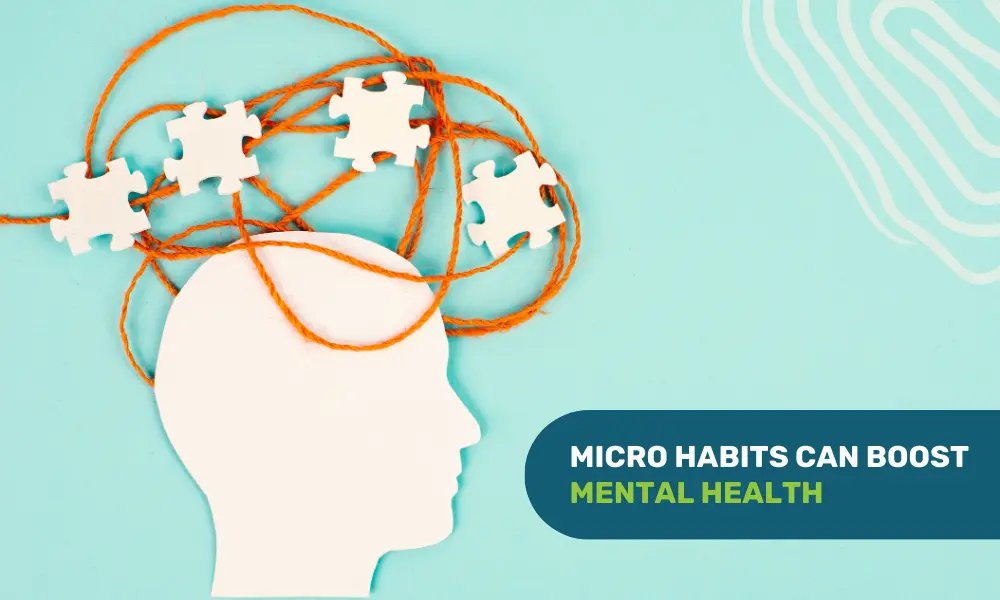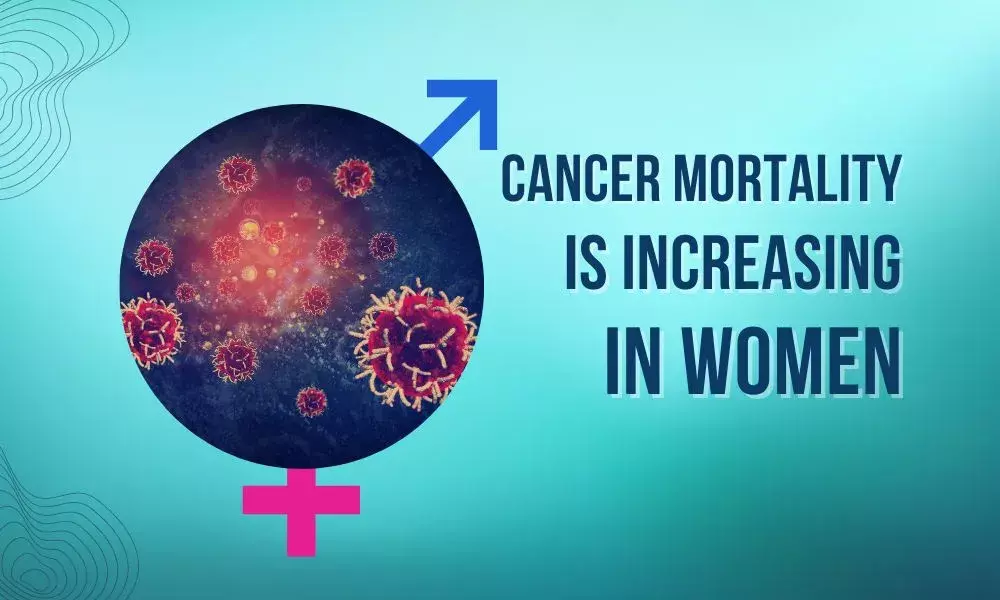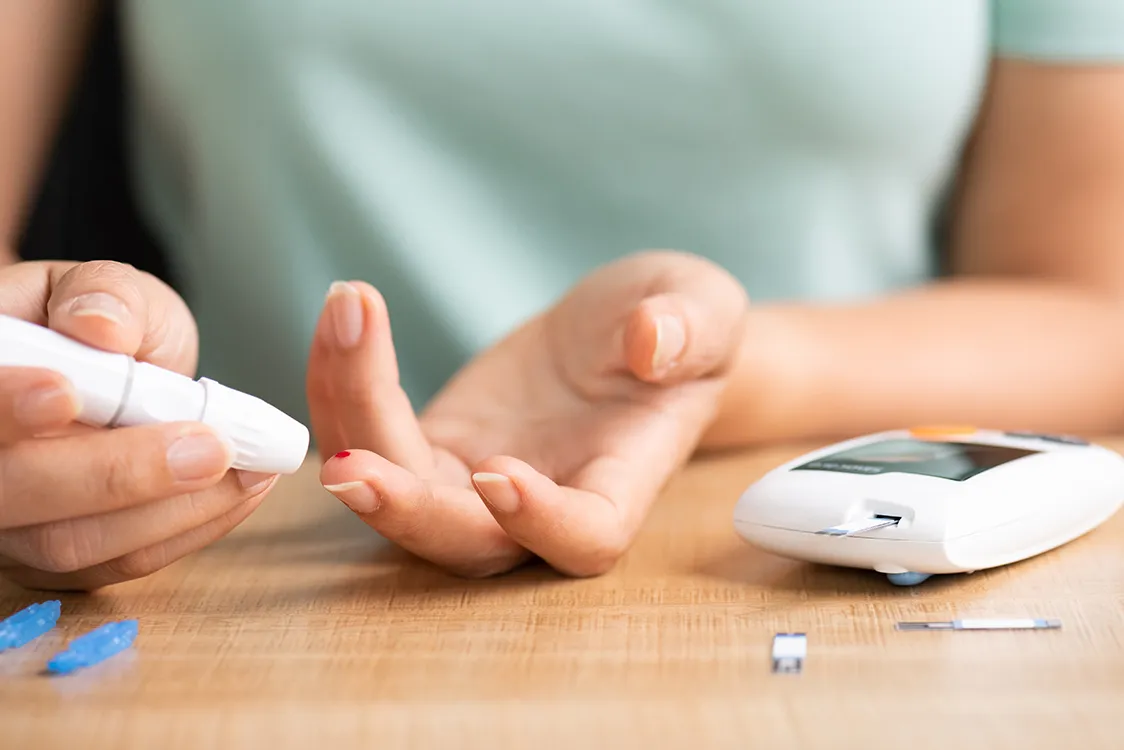Everyday stress and anxiety can take a toll on our overall health. Adopting small changes in our everyday micro habits can help us get relief from the stress and boost our mental health.
Our life is a series of personal and professional growth and downfall. Goals may differ from individual-to-individual basis their situation. No matter what we desire in life, developing healthy habits can help us achieve it. However, forming a new habit is easier said than done. It may sound easy and actionable, but adopting new habits requires a strong mental focus. For instance, waking up early every day to go for a 30-minute walk can be difficult to stick to when the alarm goes off. It is not because we are lazy or unmotivated; it is just that it takes time to adopt new habits, which means a lot of practice is needed to change a set habit.
So, how exactly do habits form?
Repeating an action multiple times, forms a loop in the brain consisting of a cue, routine, and a reward. For example, if one is feeling mentally exhausted (cue), one may reach out for a cup of sweetened coffee (routine), and feel more energized (reward). Over time, as this loop is reinforced, the action becomes automatic, becoming a habit.
Eventually, the prefrontal cortex in our brain, responsible for decision-making, becomes less involved, and the behaviour becomes second nature, a reason why we can park simultaneously while listening to the car radio.
However, new behaviours require a lot of brain power. Our minds, wanting to minimize work, try to steer us back to old locked-in patterns. Micro habits are important to help us reduce stress and improve mental health.
Importance of Micro Habits
Micro habits are tiny changes that we introduce in our routine. They are meant to be so small and easy that it is hard to justify skipping. For example, one might decide to meditate for 1 minute every day or drink a sip of water first thing when one wakes up. Because these actions are so sustainable, it is easier to do them consistently, which is the key to forming a lasting habit. As that sip of water starts to happen without thinking, it is easy to expand it to half a glass and keep it up daily.
Benefits of Micro Habits
The most obvious benefit of micro habits is that they are easy to stick to. But there are many more benefits to adding them to our routine:
-
Improving Mental Wellbeing: Achieving our daily micro goals brings a sense of fulfilment and success that helps foster self-esteem and reduce stress, leading to a stronger and more stable state of mental wellbeing.
-
Sparking Healthy Transformation: Micro habits gather momentum over time, leading to incremental progress towards our larger health goal. Each day, one takes small steps, which create major transformation over weeks and months.
-
Building Confidence to Succeed: Fear of failure often keeps us from taking the first step to build new habits. By their very nature, micro habits are easy to accomplish, instilling a sense of confidence and optimism that we can take on any goal.
-
Combatting Decision Fatigue: Because micro habits are quick to form and stay with us, they do not require the brain’s executive function to kick in. These automatic behaviours give our brain a respite from the seemingly never-ending decisions it has to make in a day.
We do not have to upend our lives and stretch ourselves trying to stick to a grueling new routine to achieve lasting health outcomes. Instead, one must choose one habit at a time and start very small.
For instance, walking for 5 minutes after each hour of sitting and working increases energy and mood and decreases food cravings at the end of the day. Similarly, walking in nature for as little as 10 minutes has been found to reduce stress, depression, anxiety, and hostility while enhancing feelings of comfort, calm, and memory.
Self-improvement and well-being are an ongoing journey. Micro habits are like stepping stones on the path to reaching our larger goals. One must start slow and small today to manifest the change one wants to see in life, as all big things come from small beginnings. For a good mental health, one must start adopting micro habits and if stress stays as a matter of concern, then one must take a professional opinion. To talk to an expert psychologist, CLICK HERE.




